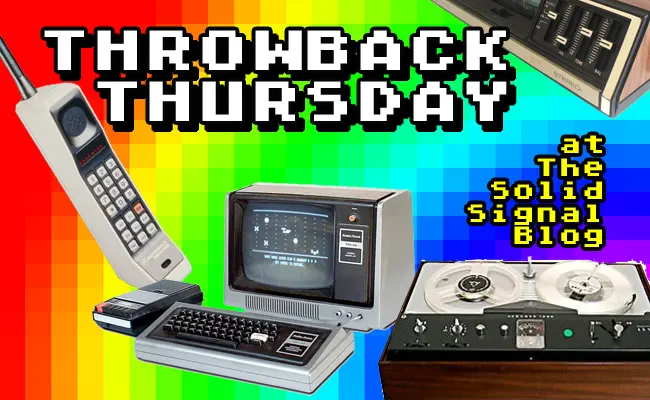Can it really have been five years ago? Sure enough. It was back in December, 2017 that I told you about Disney’s plans to buy Fox. In that article I also talked a bit about AT&T’s purchase of Time Warner, but that seems a little less important since AT&T’s already spun that company off. But Disney’s purchase of some Fox assets has really made a difference in the entertainment world, although it has made things a bit more confusing.
How it all shook out
When the news first hit, there was a lot of confusion about what was going to Disney and what was staying part of News Corp, the owner of the Fox networks and studios. As it shook out, Disney got:
- Fox’s share in Hulu
- 20th Century Fox studios (and other studios like Searchlight, owned by them)
- The FX cable network
- Fox Sports networks
- National Geographic channel
Meantime, News Corp got to keep the rest, notably Fox TV stations, the Fox TV network, and Fox News Channel. Disney wanted the deal to be simple, and I think they got it in their heads that having Fox TV studios and the Fox network would invite too much attention. Remember Disney already owns ABC and the ABC owned-and-operated TV stations.
This ended up being a bit confusing for people, since you now had two companies with legitimate claim to use the word “Fox” on things. But in the end it wasn’t as big of a deal perhaps, at least from the name perspective
The biggest impact
Some folks, including myself, might think that the biggest impact of all of this was that the 20th Century Fox fanfare was put back at the beginning of the Star Wars movies. They just weren’t the same without it. But really, the big prize in all of this was Hulu. Hulu was formed in 2007 as a joint venture between Fox, ABC, and NBC to create a single source for streaming content. Remember, the streaming world was very different back then and people actually needed to be convinced to stream. This was before everybody and their brother wanted to have their own app.
With Disney now owning a majority share in Hulu, they eventually pushed NBC out and turned Hulu into a source for original programs. They also started bundling Disney+, Hulu, and ESPN+ into one package that was a lot cheaper than even two of those services when bought separately.
In recent months, Disney has been moving more and more content from Disney+ to Hulu, in an attempt to get more viewers. Hulu’s widely seen as more of an ad-supported platform. Disney+ does have an ad-supported tier now but people still see it as more premium. I think that’s as it should be.
And FX?
It’s been hard to know exactly where FX fits in all this. FX was originally formed as a content source for things that were too racy for broadcast TV. At the time, mid-tier networks like AMC were really hot stuff, and FX tried to capitalize on that. FX was sort of folded into Hulu, although if you have FX on pay-TV you can authenticate to the FXNOW app for free. Lately it’s seemed like FX just isn’t important to anyone. It wouldn’t surprise me to see them disappear in the next five years. That would fit with my general feeling that lower-value networks will just start disappearing.
What will we be throwing back to in 2028?
Well, that’s hard to say. As I write this, the big excitement is in adding advertiser support. This isn’t a very customer-friendly move, to be sure. But it may be the only move that lets these companies succeed in the long term. It’s not going to be easy, though. I think in 2028 we’ll be throwing back to the days when there was so much good stuff on streaming that there wasn’t time to watch all of it. I’m pretty sure those days are over already.




